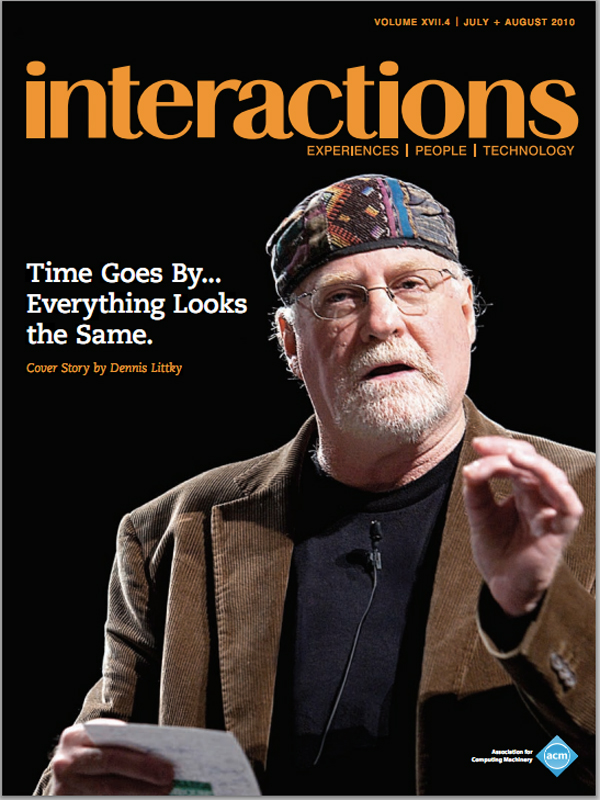Authors:
Fred Scharmen
From at least the advent of the homepage, the words used to describe online places have been explicitly architectural and urban. If online organizational structures and real-world architecture have anything in common, this set of similarities has nothing to do with the qualities of form, space, and material that are usually appreciated in buildings. To speak in terms of information architecture, or cyberspace, is inadequate to describe the ways in which all of these structures, built or unbuilt, are produced and sustained by the social and economic systems that surround them. Yale School of Architecture's Keller Easterling calls such…
You must be a member of SIGCHI, a subscriber to ACM's Digital Library, or an interactions subscriber to read the full text of this article.
GET ACCESS
Join ACM SIGCHIIn addition to all of the professional benefits of being a SIGCHI member, members get full access to interactions online content and receive the print version of the magazine bimonthly.
Subscribe to the ACM Digital Library
Get access to all interactions content online and the entire archive of ACM publications dating back to 1954. (Please check with your institution to see if it already has a subscription.)
Subscribe to interactions
Get full access to interactions online content and receive the print version of the magazine bimonthly.







Post Comment
No Comments Found